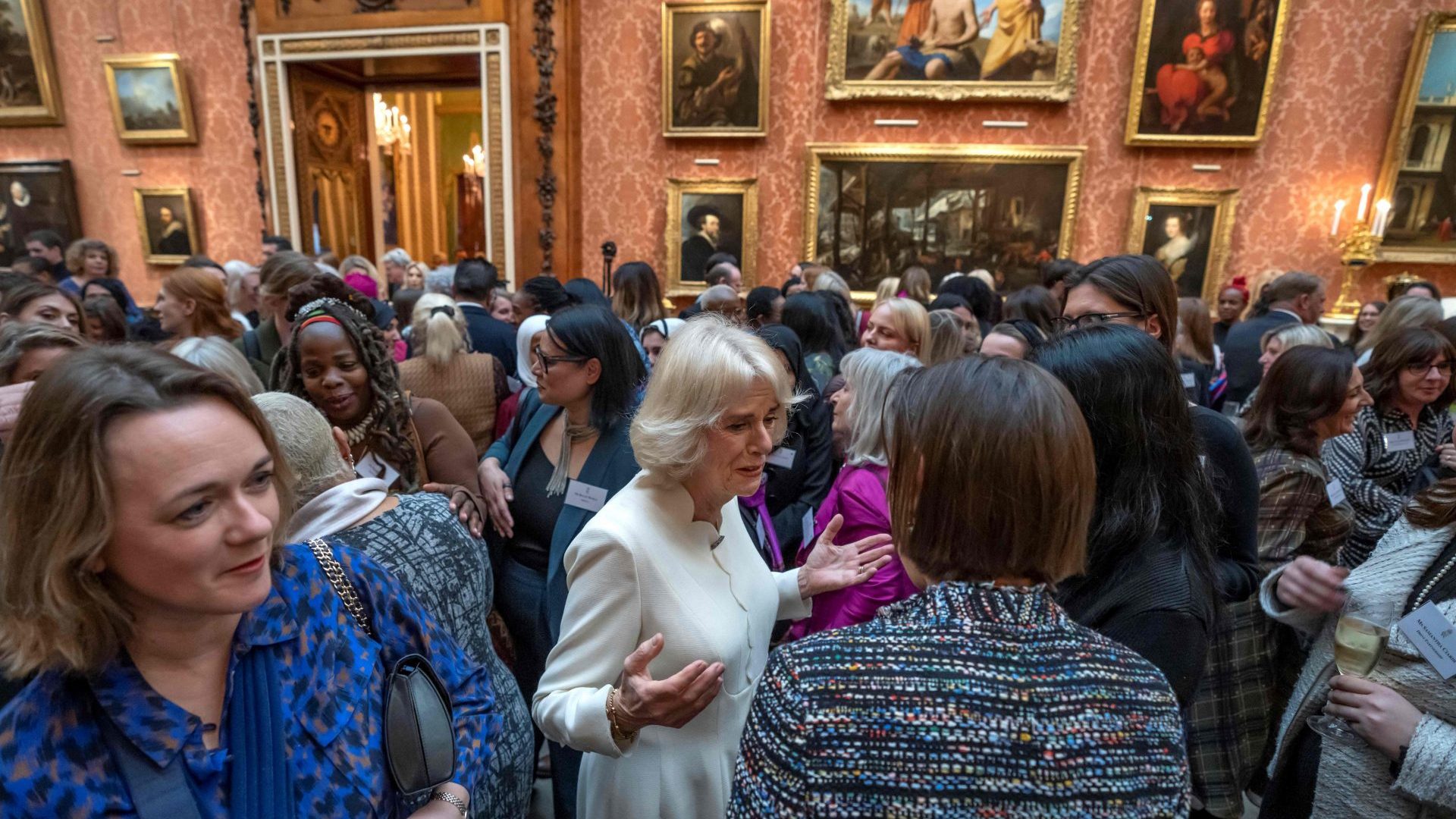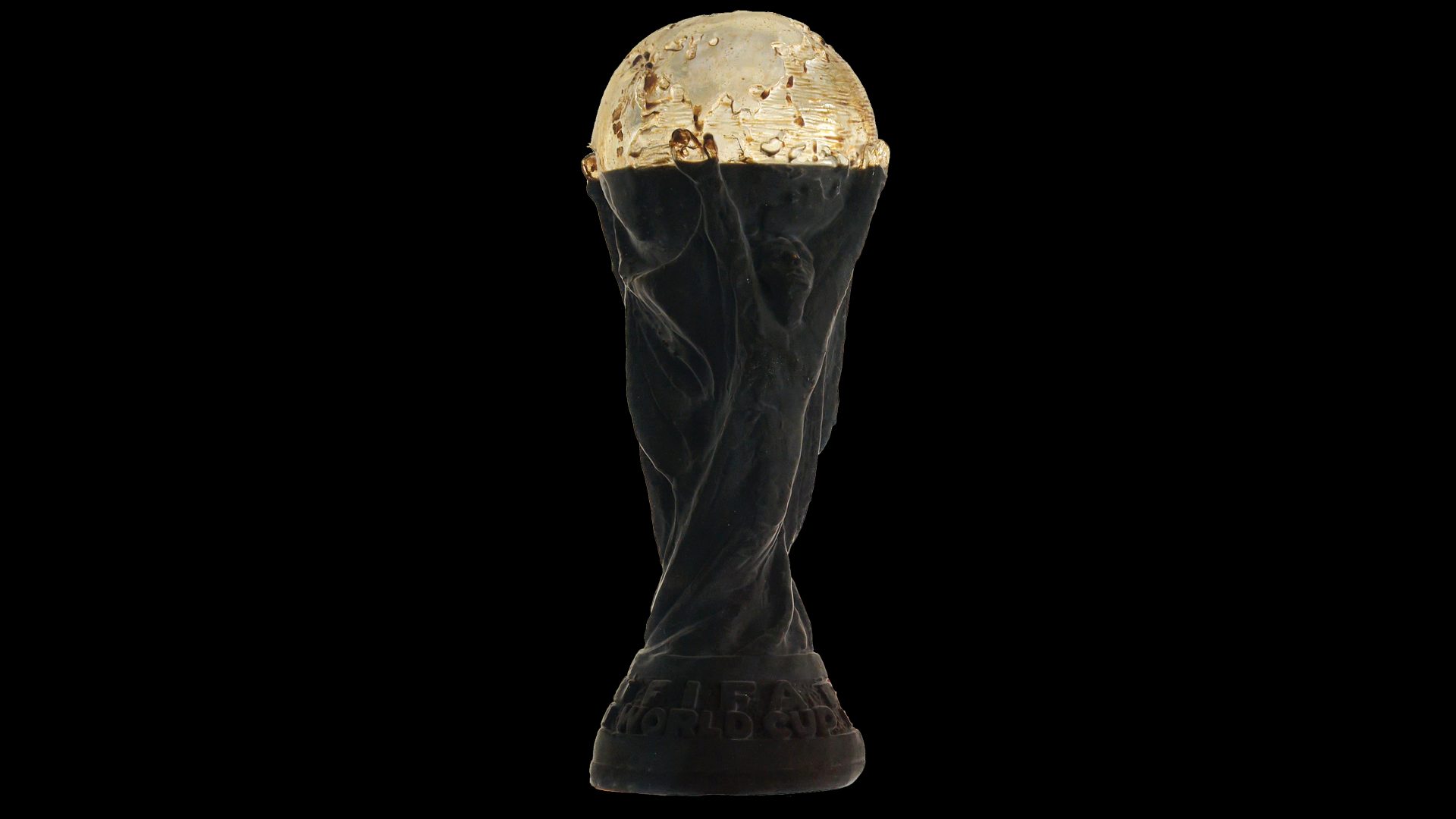Christmas is a time for reconciliation.
Buckingham Palace had this in mind when on December 16 it arranged a meeting between Ngozi Fulani, the woman’s rights organiser and founder of the Sistah Space charity to aid abused women, and Lady Susan Hussey to discuss the notorious “where are you really from?” incident that took place between them at a palace event in November.
That this was the right thing for the royals and Lady Susan to do – rather than pull up the shutters, as some in the right wing media advised – can be seen from a statement following the meeting. This reported that their coming together had been “filled with warmth and understanding”, that “Lady Susan offered her sincere apologies for the comments that were made and the distress they caused to Ms Fulani” and that she was determined to become more alert to “the sensitivities involved”. It added that “Ms Fulani, who has unfairly received the most appalling torrent of abuse on social media and elsewhere, has accepted this apology and appreciates that no malice was intended.”
It was apparent right from the beginning that Ngozi Fulani is a “mensch”, a human being. The abuse directed at her was appalling. The racism, the mocking of her choice of dress, the “gotcha” nature of the revelation that she had changed her name – all this was scary, too. Realising that there are fellow human beings who think the things that they do about us people of African descent, can stop you in your tracks, sometimes unconsciously. But sometimes consciously and for far longer.
Coming up against these beliefs changes the way you behave. Once, I prevented myself from being involved with an organisation I have come to love, because I did not believe that they would accept me. They have since, with open arms. But all of the years of thinking that they wouldn’t accept me did its damage. You have to find a way of believing in yourself, working from your own base.
One way is to change your name.
In the 1980s, when I hung out in Fort Greene, Brooklyn with a group around Spike Lee’s “Joint” – his film company – I became “Fulani”, too. I never formally adopted the name but I was called it and embraced it as a way of saying that I was starting over: naming myself, not using the name of the man who owned my father’s ancestors.
Black people have been giving ourselves African names for a long time. So Ngozi Fulani’s decision to change her name from “Marlene Headley” was a statement of agency, not some sinister attempt to hide herself, as was suggested repeatedly by her critics. Black women who look like Meghan Markle have also been a part of the story of African American women. They were the women that no one was quite “sure” about. What exactly were they? They had a kind of protection and privilege, too.
Meghan herself has even said that people were confused about her mother, Doria, whether she really was her mother. I have people who are that light-skinned in my own family. My mother’s people had this “light skin” privilege. I know about this. It’s horrible and part of the racist history of America.
I was thrilled when Meghan accepted Prince Harry’s proposal; amazing to think of a person whose ancestor was an enslaved African marrying into the family of those in whose name slavery took place. That was and still is incredible to me. Harry and Meghan’s children, Archie and Lillibet, have arguably one of the rarest ancestries in the world. I hope that they learn it thoroughly and teach it to others as a form of reconciliation and enlightenment.
These two little kids are more important than their parents to the history of the world, more important than what their mother has suffered and more important than their father’s complaints about being the “spare” to his brother, the heir.
Meanwhile, we live in a political and racial miasma, one where there is poison still in the atmosphere. This universe of racism is not easy to understand; not easy to grasp. Unless you live it.
I can remember those rainy Friday afternoons at my primary school in the late 1950s, when the nuns, as a kind of treat, showed us Tarzan movies. Even as little kids, at the dawn of the civil rights movement going to its next level, we knew that something did not quite click. Who was this white guy who knew more about the African jungle than Africans? How did he get that knowledge and why was this being shown to us?
In the 1970s there was “blaxploitation”. I was recently asked to take part in a documentary about the screenwriter, Norman Wexler, who had written the screenplays of films I have enjoyed: Saturday Night Fever, Serpico and Joe. But he had also written the screenplay for Mandingo, about the son of a slaveowner, who had raped the man’s mother, therefore producing our hero. His slaveowner father had instructed him, in the fullness of time, to go out and rape black women in order to produce lighter-skinned children. I turned down the gig because I agree with the late, great film critic Roger Ebert, that the film was “racist trash”.
Where I hope that Meghan and Harry focus their attention and enormous agency next is to make everyone around the world know that the president of the United States has signed a bill that protects, in law, marriages like mine, and Meghan’s, black women married to white men. Our marriages would have been illegal in parts of the South until the late 60s! Meghan’s children would have been seen as just hers – and illegitimate. My native land, the United States and no American has any lesson to teach any nation and anyone when it comes to racial equality and justice.
There is talk of the Sussexes now wanting a summit of their own, and their own apology. If it helps them and Harry’s now-estranged family to move on, the royals should do it. It’s a new day. And perhaps this part of the statement about Ngozi Fulani and Lady Susan Hussey is really meant for them: “They hope that their example shows a path to resolution can be found with kindness, cooperation and the condemnation of discrimination wherever it takes root.”
I liked the picture of Ngozi and Lady Susan together. There is something “British” about it: civility; the attempt to find a “bridge”, and the aura of possibility. And the aftermath of a good cup of tea.




